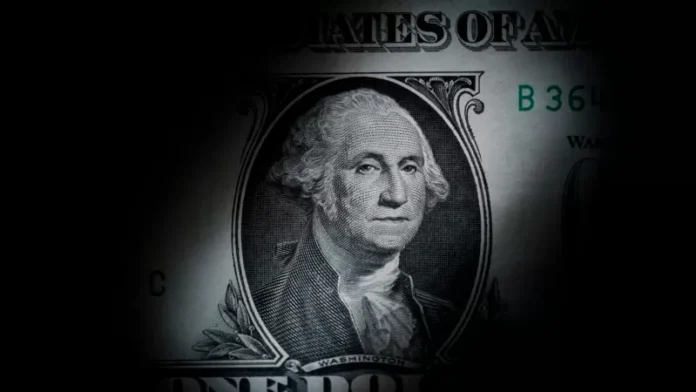NORFOLK, Va. – George Washington, the first leader of a new republic, was uneasy about the idea of publicly celebrating his life. As a Founding Father, he did not want to be seen as a tyrant. And yet, on Monday, the nation will once again commemorate the first U.S. president, 292 years after he was born.
Presidents Day, as it is now known, has evolved over the years. What was once a simple and unremarkable day filled with work for Washington has now become a consumerism bonanza. Some historians argue that the holiday has lost all meaning. But as we reflect on the life and legacy of George Washington, it is important to understand how this day has changed over time.
Washington’s Birthdays
George Washington was born on February 22, 1732, on Popes Creek Plantation in Virginia. However, due to the use of the Julian calendar at the time, his birthday was technically February 11. In 1752, the Gregorian calendar was adopted, adding 11 days to the year. Regardless of the date, Washington paid little attention to his birthday. According to Mountvernon.org, there is no mention of any celebrations at his estate, and his diary shows that he was often hard at work.
As president, Washington’s peers in government did observe his birthday, except for his last year in office. By then, he was less popular and faced rampant partisanship. Some members of his original Cabinet, including Thomas Jefferson, were no longer in office. As a way to show their disdain for his policies, Congress decided to keep working through his birthday.
The only known celebration of Washington’s birthday during his lifetime was a ball thrown by a French military officer, the comte de Rochambeau, in 1782 to celebrate his 50th birthday.
After his death
Washington was very aware of his role as the first president of the United States and did not want to be honored like a king. However, after his death in 1799, a market for Washington memorabilia emerged. People began buying pottery and reproductions of etchings that portrayed him as a divine figure ascending to heaven.
Making it official
It wasn’t until 1832, on the centennial of his birth, that Congress established a committee to arrange national celebrations. In 1879, Washington’s birthday was officially made a legal holiday for federal employees in the District of Columbia. However, it was still referred to as Washington’s Birthday, and there were arguments to also honor President Lincoln, whose birthday falls on February 12.
Shift to consumerism
In the late 1960s, Washington’s Birthday was one of nine federal holidays that fell on specific dates. Congress voted to move some of these holidays to Mondays to create three-day weekends. This change was partly due to concerns about absenteeism among government workers, but also because it was believed to boost the economy. The Uniform Monday Holiday Act took effect in 1971, officially moving Washington’s Birthday to the third Monday in February.
Since then, Presidents Day has become a day of sales and promotions, with retailers and travel companies taking advantage of the three-day weekend. Historian C.L. Arbelbide noted in a 2004 article that sales campaigns soared after the holiday was moved to a Monday.
A day for reflection
George Washington and the other Founding Fathers would have been concerned about how the holiday has become dominated by commercial and private interests. They saw corporations as a potential threat to the power of the republic. Today, Presidents Day has lost its recognizable traditions and has become devoid of any moment of reflection.
As we celebrate Presidents Day, it is important to remember the man who played a crucial role in shaping our nation. George Washington was a humble leader who always put his country first. He would have preferred to spend his birthday at home with his family, enjoying Martha’s indulgent cake. Let us honor his memory by reflecting on his legacy and the values he stood for. And perhaps, in the midst of all the consumerism, we can take a moment to appreciate the true meaning of this day.

